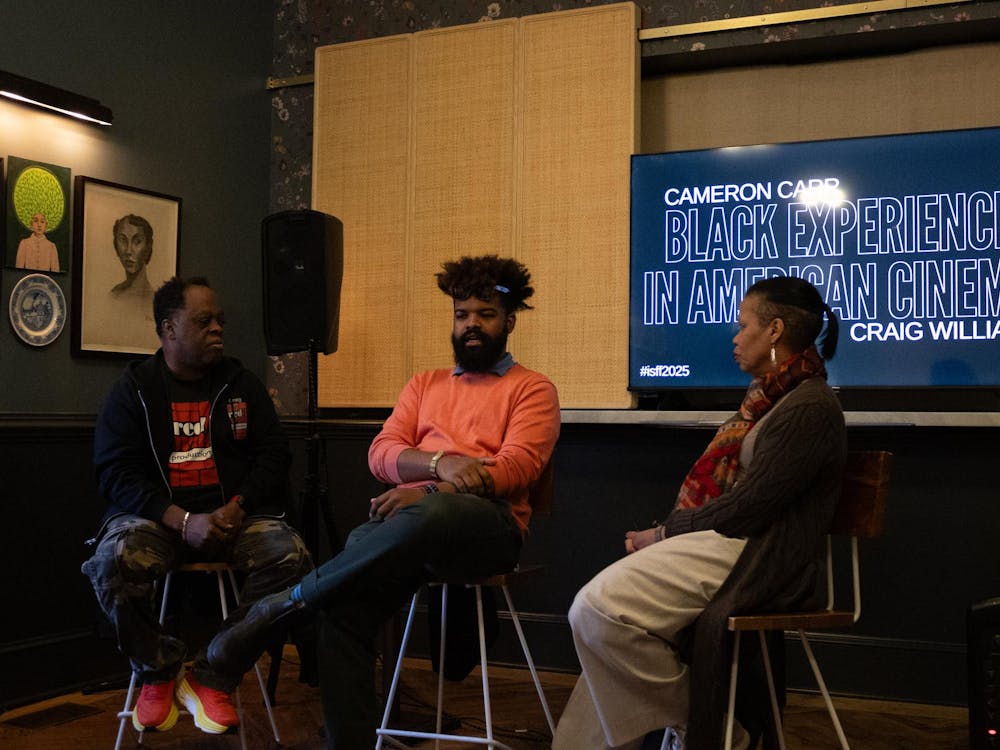“The Real Housewives of Beverly Hills,” concluded its fourth season last week. The “The Real Housewives” franchise — one of the most popular series on Bravo, a reality television juggernaut — started in Orange County and has since expanded to six other localities in the United States, four other cities internationally, and spawned a number of spinoffs.
Like any other reality TV series, “Real Housewives” documents reality and edits footage to introduce a sense of fantasy — and the Beverly Hills version is no exception. Its portrayal of the lavish lifestyles of the wealthy never falls short in extravagance, but sometimes, the most outlandish elements can seem a little too real.
In season two, it came to light that now-former housewife Taylor Armstrong was in an abusive relationship. A series of financial struggles, combined with guilt, ultimately led Armstrong’s husband Russell to commit suicide. This event temporarily shattered the reality television illusion: these were not just characters running around on a screen, but real people, and a woman had just lost her husband.
Season three opened with a short discussion of Armstrong’s tragedy. It felt awkward, uncomfortable and forced. Throughout the season, the one discussion the women had about the suicide seemed heavily regulated, if not scripted. The subject was not brought up again.
Season four, like past seasons, was characterized by shifting alliances, petty bickering and antics around climbing the social ladder. Most of it, with few exceptions, was perhaps entertaining to watch, but not particularly worthy of conversation.
Occasional moments, however, introduced a valuable sense of humanity. Kim Richards, a former child star and recovering alcoholic, who is also Paris Hilton’s aunt, saw her daughter leave for college. She shared this experience with Yolanda Foster, former model and current wife of musician David Foster, who sent her daughter off to college as well. The two women saying goodbye to their children was one of the most genuine moments in a show often riddled with fake tears and fake faces.
But these fleeting moments of friendship and sincere emotion were far outweighed this season by the dramatic. New cast member Carlton Gebbia, married to the owner of StockCross Financial Services, is a self-proclaimed Wiccan who holds a grudge against fellow housewife Kyle Richards from the start. The conflict between the two apparently arose because of Kyle’s supposed insensitivity to Gebbia’s religion.
There was also newcomer and two-time Miss Puerto Rico Joyce Giraud. Perhaps the most grounded and reasonable of the group, Giraud experienced tragedy during the show: the death of her father. Despite her father’s death coinciding with a trip the women of the show planned to Puerto Rico, Giraud commendably refused for the tragedy to become a plotline in the show.
Which brings us to Brandi Glanville, a divorced woman with no apparent career but a New York Times best-selling book. She was initially just a friend of the housewives rather than an official member of the cast, but once she was promoted the audience bore witness to her dramatic tendencies — namely, getting sloppily drunk and making highly abrasive comments. As Glanville gradually gained independence and became more financially secure, the general consensus among viewers seemed to confirm she is a disloyal social climber.
The biggest and most interesting scandal of the season involved Kyle Richards and her husband. Numerous tabloids accused her husband Mauricio of being unfaithful. The couple was incensed, and denied the rumors. During the trip to Puerto Rico, Glanville told the other housewives that fellow housewife Lisa Vanderpump tried to convince her to bring along several magazines that accused Mauricio of being unfaithful. These tabloids, which were about the women on the show in the first place, were then brought up in the show itself, and the episodes focusing on the magazine scandal were then recapped by gossip columns all across the Internet. This seems to be a perfect example of the idea of self-perpetuating fame.
The last few episodes, including the three-part reunion, featured name-calling and angry accusations. Yet at the end, apart from some continued anger and animosity, most of the drama seemed to have been put aside and most of the loose ends tied together. Which begs the question: how much of what was seen on screen was actually real?
These women certainly know how to act. After all — indeed, several of them have done it professionally. In the case of the housewives, money buys fame, fame buys money, and fame amplifies itself. Perhaps not all that was seen on this past season on the “Real Housewives” was real, but then again, what is reality television without a little bit of fantasy?






